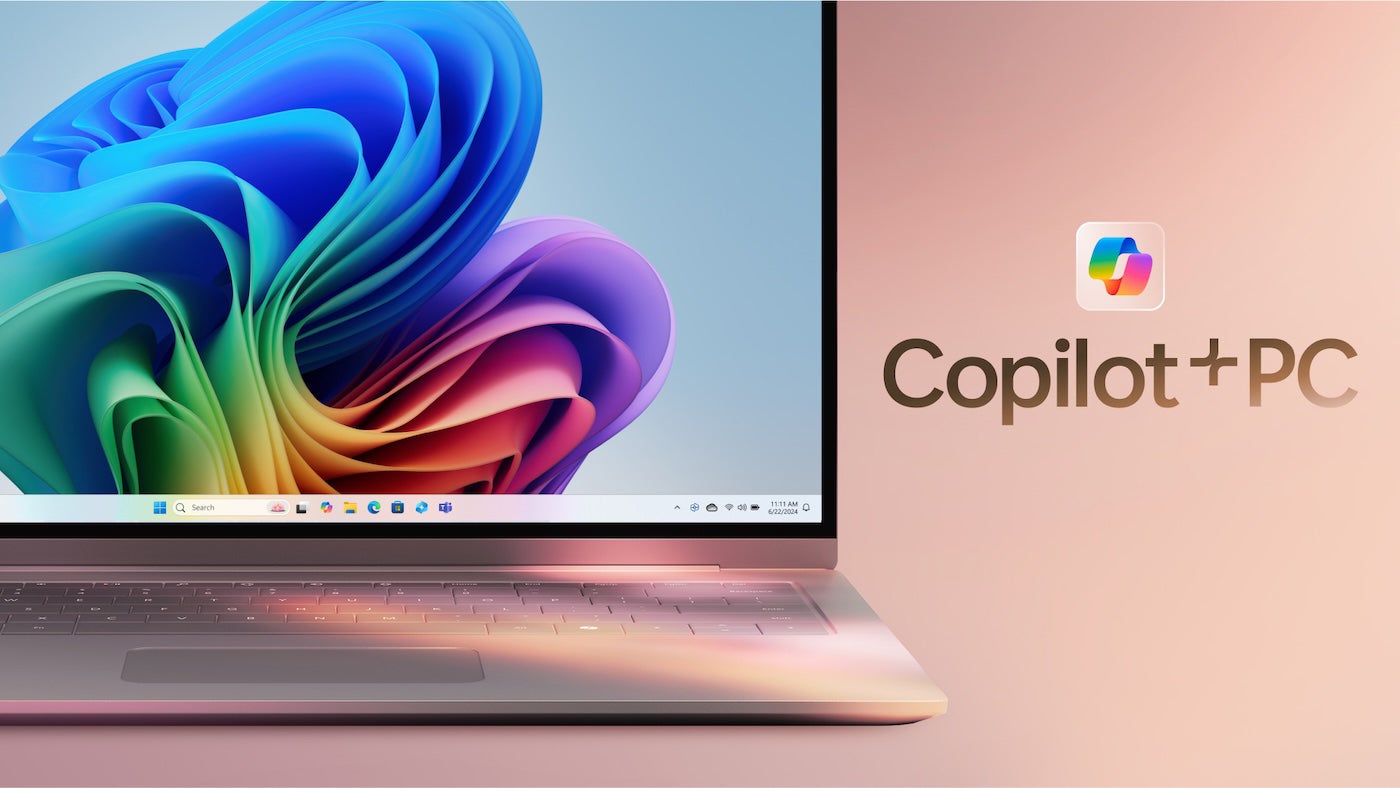- Data strategy e qualità del dato: come gettare le basi per implementare l’AI
- INE Security Alert: $16.6 Billion in Cyber Losses Underscore Critical Need for Advanced Security Training
- From help desk to AI harmony: Redefining IT support in the age of intelligent automation
- F5 grabs agentic AI startup Fletch to bolster security platform
- HPE Nonstop servers target data center, high-throughput applications
Microsoft Delays Recall Launch, Seeking Community Feedback First

Microsoft’s Recall feature, the AI-enabled timeline for Windows 11 on Copilot+ PCs, will be available only to members of the Windows Insider Program in June, instead of the initial planned public preview slated for June 18. This change follows Microsoft’s decision last week to make Recall opt-in instead of enabled by default. Other users will have access to Recall “soon,” after the Redmond giant has had time to respond to feedback from the Windows Insider preview.
Recall takes snapshots of a user’s activity on their Copilot+ PC, enabling generative AI to trawl through all of that activity to answer questions phrased in natural ways. It could be a benefit for performing open-ended searches (such as “Show me the spreadsheet my boss sent to me yesterday”), but some security researchers have expressed concerns about how that activity is stored.
Recall feature will be previewed in Windows Insider Program
On June 13, Microsoft Corporate Vice President of Windows and Devices Pavan Davuluri wrote an update to the blog post written about shifting Recall to opt-in last week.
“We are adjusting the release model for Recall to leverage the expertise of the Windows Insider community to ensure the experience meets our high standards for quality and security,” he wrote. “This decision is rooted in our commitment to providing a trusted, secure and robust experience for all customers and to seek additional feedback prior to making the feature available to all Copilot+ PC users.”
Microsoft pointed out that work on Recall is guided by the Secure Future Initiative, an ongoing attempt to improve security methods and practices.
After Windows Insider members have a chance to provide feedback, Recall will be made available to anyone with a Copilot+ PC.
People interested in the Windows Insider program can join for free.
Microsoft switched Recall from active by default to opt-in
While Microsoft reassured customers data from Recall would only be stored locally, security researchers such as Kevin Beaumont pointed out attackers don’t even need physical access to a Copilot+ laptop to exfiltrate Recall data. About a week after this discovery, Microsoft made some changes to how Recall will operate.
- Recall will be opt-in.
- In order to use Recall, you’ll need to enroll in Windows Hello — which lets you sign in with facial recognition, fingerprint or a PIN instead of a password — and provide proof of presence such as your face being visible to the laptop.
- Encrypting the search index database Recall uses.
SEE: Curious about Microsoft Copilot? Our cheat sheet has the details on Redmond’s AI PC plans and more.
Microsoft faces security probe
The changes to Recall come amid discussion of Microsoft’s overall security posture in the U.S. Congress. On June 13, Microsoft President Brad Smith spoke to the House Homeland Security Committee about a federal report suggesting Microsoft’s security stance contributed to a breach last year by state actors.
How does Recall compare to Apple Intelligence?
Apple’s answer to Copilot+ PCs is its upcoming Apple Intelligence, created in part through a partnership with OpenAI. Apple Intelligence works mostly by letting Siri respond to more natural questions, as well as providing the summarization and translation functions generative AI is proven to perform. Apple Intelligence runs on-device and on Apple servers when needed. Since it was only announced this week, security researchers haven’t had as much time to dig into how Apple Intelligence works.
But, having waited longer than its competitors to integrate AI into its laptops, Apple seems to have a better awareness of potential security problems. At WWDC, Apple’s Craig Federighi, senior vice president of software engineering, said, “You should not have to hand over all the details of your life to be warehoused and analyzed in someone’s AI cloud.”

